
Black Mango Fruit Plant Exotic Flora
6 Answers Sorted by: 10 It's an indication that the fruit has started to rot. When dark spots start appearing on the side of a mango, it's starting to rot. A mango can rot from the pit, the skin, or from the non-stem end. Any black fibers also indicate that the fruit has started to rot, and at that point, you need to toss it into the trash.
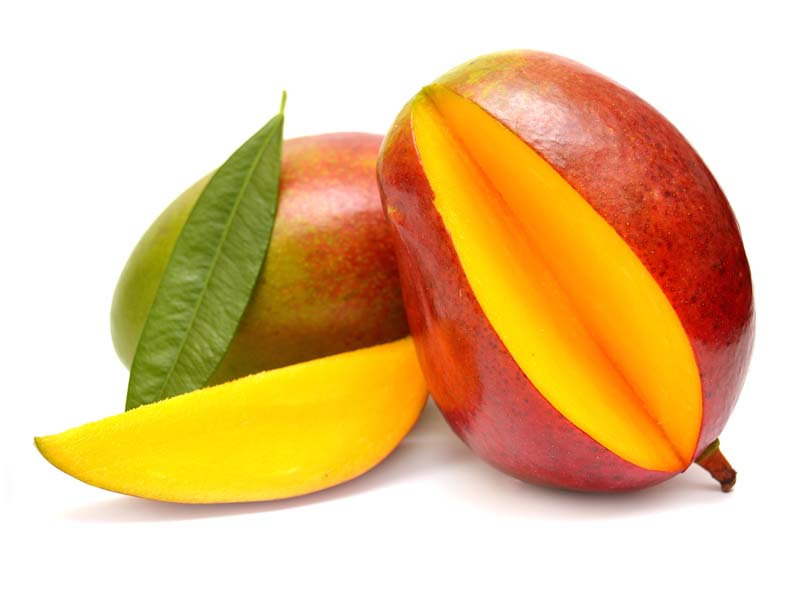
6 Amazing Benefits Of African Mango For Weight Loss
The Jamaican Black Mango (also Blackie Mango) is a very popular mango in Jamaica. The fruit does not become red in color like other mangoes, hence their name.

african mango diet
Here are 10 reasons why mangoes have black spots. Damp Conditions Damp/wet conditions can cause mangoes to have dark spots. When the surrounding of the mango is wet, fungi like Anthracnose ( Colletotrichum gloeosporioides) attack the mango, causing it to have dark lenticels on either or both of its inner and outer flesh. Drought

Jamaican Black Mangoes Suz and Tell
Description SPECIAL CHARACTER OF BLACK MANGO - This variety has several special qualities, one of which being it doesn't increase blood sugar when consumed. This is particularly useful to diabetic patients who have to usually refrain from consuming the scrumptious king of fruits.
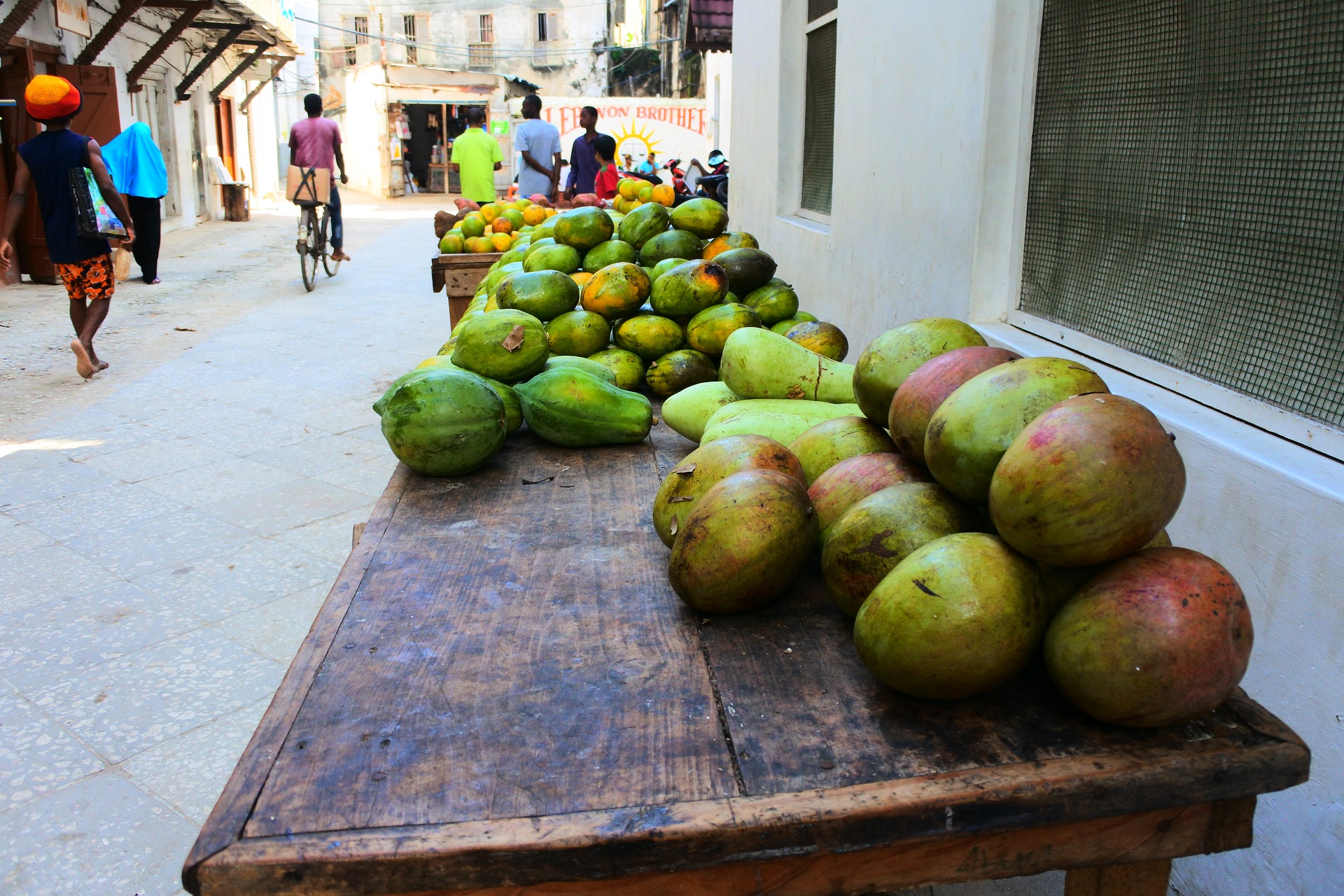
African Mangoes Are a Staple in a Local's Diet Traveler Dreams
Mango is an evergreen tree in the Anacardiaceae family that is grown for its edible fruit. It has a dark, glossy, elliptical, or lanceolate leaf with long petioles and a leathery texture. It produces dense clusters of flowers with cream-pink petals. Mango fruit is roughly oval in shape, with uneven sides. The fruit is a drupe, with an outer.
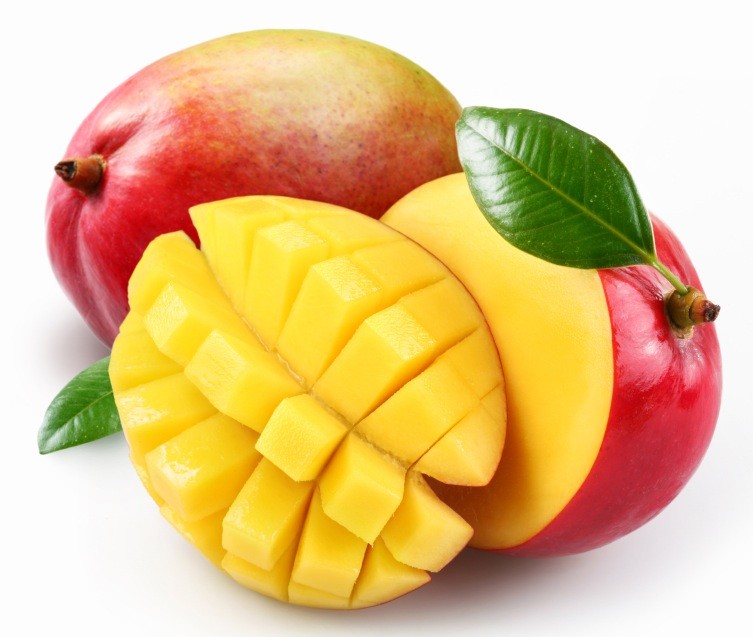
Does the African Mango Diet Work Facts, Stats, and Studies
Mango Black Spots have the potential to be a serious disease of Mangoes. It has a big impact on the yield and quality of Mango fruit, leading to an effect on human health and finances. Today, gardenhow.net will help you discover the symptoms and causes of this disease, as well as give you strategies to prevent it.

Rawmangoes Theayurveda
The mango does not require any particular soil, but the finer varieties yield good crops only where there is a well-marked dry season to stimulate fruit production.In rainy areas a fungal disease known as anthracnose destroys flowers and young fruits and is difficult to control. Propagation is by grafting or budding. Inarching, or approach grafting (in which a scion and stock of independently.

Jamaican Black Mangoes Suz and Tell
Mango Varieties - Types of Mangoes | National Mango Board Mango varieties & availability Throughout the year, you'll most likely find at least one of the six mango varieties described below. Each type of mango has a unique flavor and texture, so try different varieties at different stages of ripeness and at different times of the year.
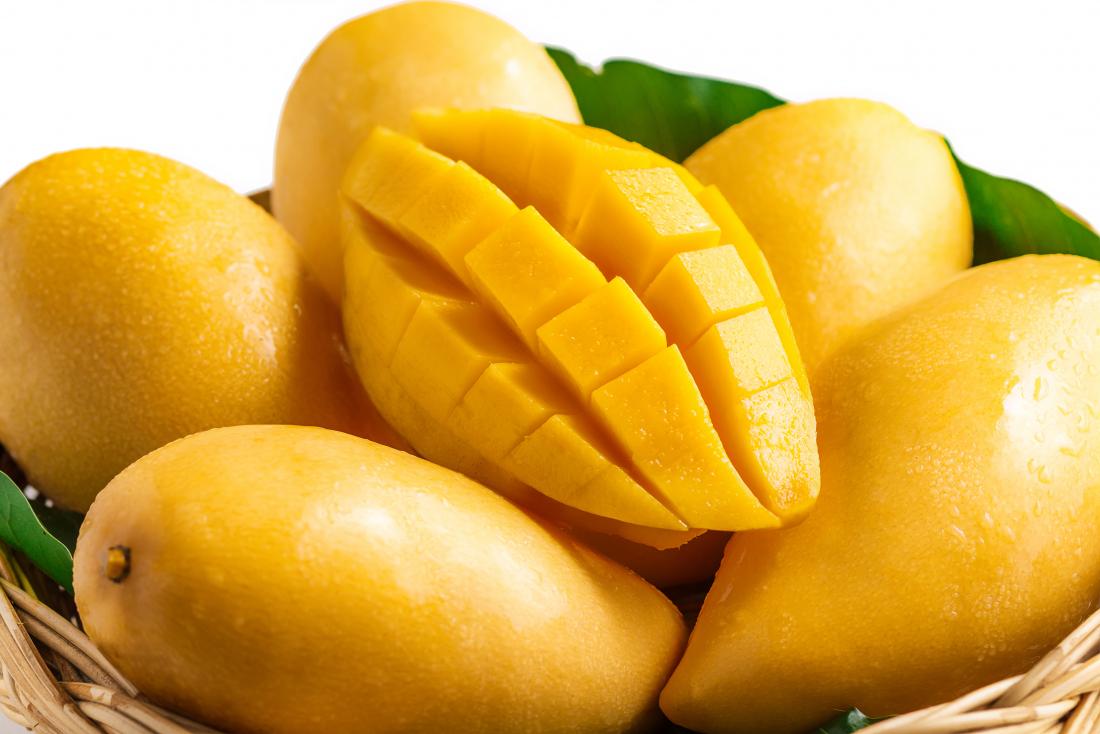
Six mango varieties you must try this summer OrissaPOST
1. Proper Harvesting Harvesting mangoes at the right time is crucial for preventing black spots. It is essential to pick mangoes when they are fully ripe but not overripe. Overripe mangoes are more prone to fungal infections and the development of black spots. 2. Proper Storage

Mango fruit Mango, African mango, Mango fruit
Irvingia gabonensis is a species of African trees in the genus Irvingia, sometimes known by the common names wild mango, African mango, or bush mango. They bear edible mango -like fruits, and are especially valued for their fat - and protein -rich nuts. Distribution and habitat

U.S. set to open for South African mangoes
The Kent mango tree is a small evergreen tree that grows up to 1 meter tall. The tree's leaves are dark green and shiny. The fruits of the Kent mango tree are round in shape and weigh around 60 grams each. They have a distinctive aroma and flavor that is reminiscent of guava.

African Mango and Weight Loss All You Need to Know HealthKart
Mango fruits - single and halved. A mango is an edible stone fruit produced by the tropical tree Mangifera indica.It is believed to have originated in southern Asia, particularly in eastern India, Bangladesh, and the Andaman Islands. M. indica has been cultivated in South and Southeast Asia since ancient times resulting in two types of modern mango cultivars: the "Indian type" and the.

Verified African Mango « All About Verified African Mango
Set 1 mango lobe skin side down on the cutting board, and score with tic-tac-toe-style slashes the size of the cubes you'd like, without cutting through the skin. Repeat with the other lobe. Gently press the skin side of the lobe to turn the mango inside out. Slice the cubes away from the skin. Voila!

Check These 7 List of African Fruits and The Health Benefits People Should Know!
1. Packed with nutrients Many people love mango — not only because it's delicious but also because it's very nutritious. One cup (165 grams) of fresh mango provides ( 3 ): Calories: 99 Protein:.
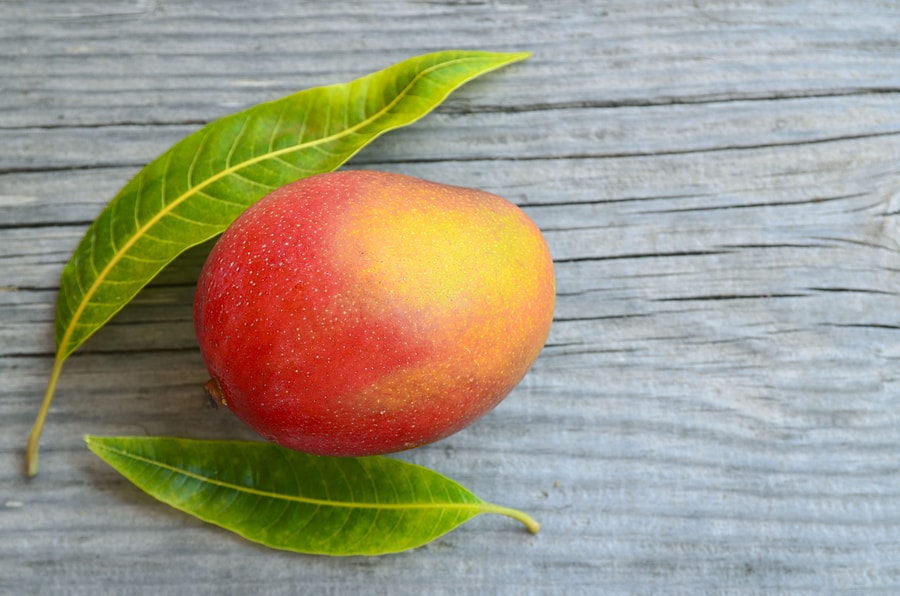
African Mango (Irvingia gabonensis) Benefits & Side Effects SelfHacked
Black/Blackie - This sweet treat is as widely known as and sometimes smaller than hairy mangoes, but is no less sweet. The skin is palatable (although sometimes prone to black spots) and every mango specialist can attest to eating every bit of flesh off a blackie.

Fruits of the Caribbean
Fiber: 3g. Mangoes are a good source of fiber, and have 12% of your Daily Value (DV). This means that mangoes can can make you to feel full, helping you to eat less and lose weight. Protein: 1g. As with most fruits, mangos are not particularly high in protein. Fat: 0g. As with most fruit, mango is fat-free.